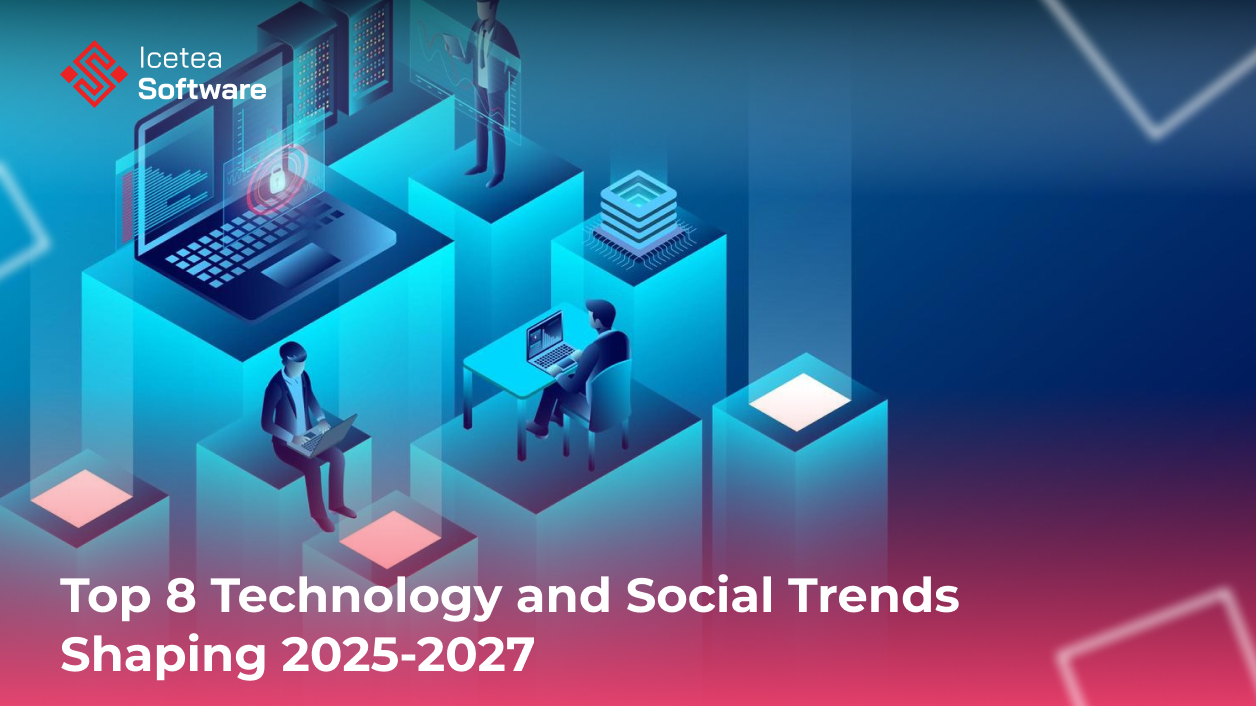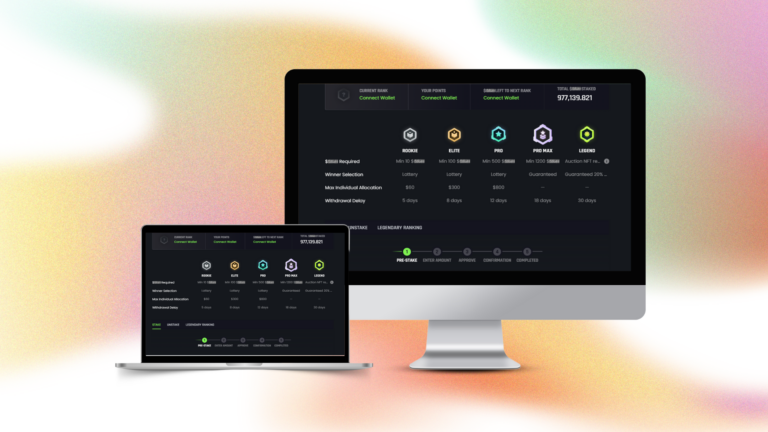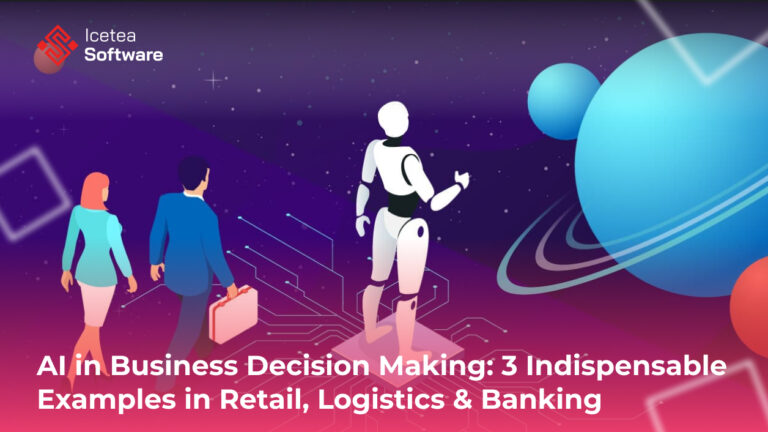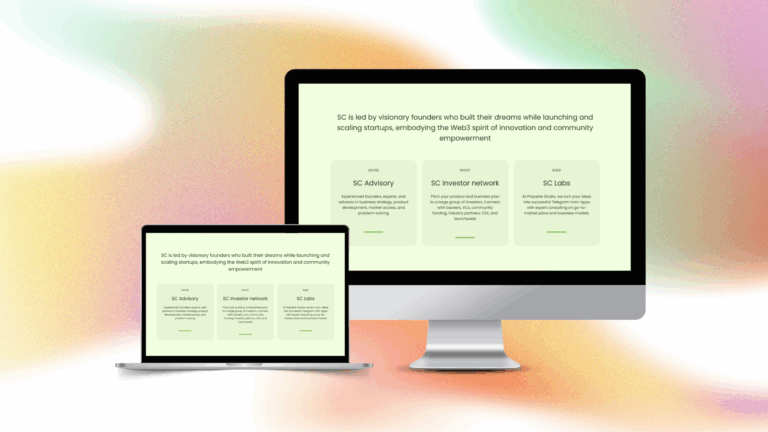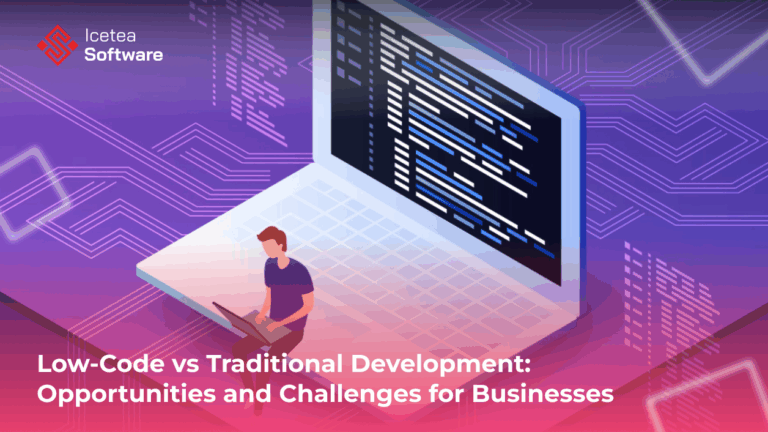Top 8 Technology and Social Trends Shaping 2025-2027
- 1. Generative AI: A Leap in Creativity
- 2. Sustainable Technology: Moving Toward a Greener Future
- 3. Cybersecurity: Defending Against Digital Threats
- 4. Quantum Computing: Unlocking New Frontiers
- 5. Web 3.0 and the Metaverse: Shaping New Digital Spaces
- 6. Automation: Boosting Productivity
- 7. Biotechnology: Advancing Medicine and Agriculture
- 8. 5G and 6G: Enhancing Connectivity
- Final Thoughts
As the world undergoes rapid technology and social transformations, the period from 2025 to 2027 will showcase groundbreaking trends. From advancements in artificial intelligence (AI) to innovations in sustainable development, this article highlights the most prominent technology-driven changes shaping life, business, and society.
1. Generative AI: A Leap in Creativity
Generative AI has demonstrated immense potential in producing content, from text and images to audio. With the emergence of systems like OpenAI’s ChatGPT, Generative AI is revolutionizing content creation and digital interactions. By 2025, AI is projected to generate 10% of global data, according to a Gartner report.
Major companies like Microsoft, Google, and Amazon are significantly investing in this field. Meanwhile, startups like Jasper, Stability AI, and Hugging Face are shaping the future with groundbreaking AI solutions. Generative AI is not only making waves in art but is also impacting education, healthcare, and commerce.
Goldman Sachs predicts that Generative AI could boost global GDP by 7% over the next decade. This opens significant opportunities for both tech developers and businesses seeking to leverage AI for increased productivity and creativity. The role of AI in content creation, AI-driven tools, and Generative AI applications will expand significantly, making it a key focus for industries looking to innovate.
Furthermore, generative AI is bridging the gap between technology and human creativity. Artists, educators, and businesses are using AI-driven tools to explore new frontiers, from personalized learning modules to hyper-realistic visual effects. As these systems become more accessible, the democratization of AI will empower individuals and smaller enterprises to compete on a global stage.
2. Sustainable Technology: Moving Toward a Greener Future
Sustainable technology is becoming an unavoidable trend as the world faces climate change and environmental crises. It encompasses digital solutions that achieve Environmental, Social, and Governance (ESG) goals.
Key technologies in this domain include renewable energy, smart buildings, and sustainable agriculture. Companies like Google, Meta, and Unilever are heavily investing to become environmentally friendly enterprises. According to Harvard Business Review, addressing environmental challenges could unlock an economic opportunity worth $12 trillion.
Startups such as Amp Robotics, Aurora Solar, and Heliogen are pioneering recycling, solar energy, and green technology solutions, fostering sustainable and efficient business models. Green tech solutions, sustainable innovation, and advancements in smart energy systems are reshaping the future of industries.
Moreover, governments and organizations are increasingly prioritizing policies and initiatives that promote clean energy and resource efficiency. From carbon capture technologies to advancements in battery storage, the pursuit of sustainability is driving innovation across sectors. The integration of circular economy principles and eco-friendly supply chains highlights the pivotal role of technology in mitigating environmental impacts.
3. Cybersecurity: Defending Against Digital Threats
With the rise in cybercrime, cybersecurity has become a top priority for organizations and businesses. Cybersecurity Ventures predicts that cybercrime costs could reach $10.5 trillion annually by 2025.
Technologies such as artificial intelligence and blockchain are being integrated to enhance defense capabilities. Trends like Zero Trust Architecture, blockchain in cybersecurity, and behavioral analytics are shaping the cybersecurity industry. Leading companies like Palo Alto Networks, CrowdStrike, and Fortinet, along with startups like Deep Instinct and Orca Security, are at the forefront of developing innovative solutions.
The role of AI-driven threat detection, advanced cybersecurity frameworks, and real-time protection systems will remain critical as businesses aim to protect sensitive data. Additionally, the rise of quantum-proof cryptography is becoming increasingly essential as quantum computing advances. These new cryptographic methods are designed to withstand the processing power of quantum machines, ensuring data security in the coming era.
Organizations must also focus on creating robust cybersecurity cultures. Employee training, ethical hacking practices, and proactive incident response strategies are crucial for safeguarding digital assets. As digital ecosystems expand, the need for comprehensive and adaptive security measures grows exponentially.
4. Quantum Computing: Unlocking New Frontiers
Quantum computing is one of the most promising technologies for revolutionizing information processing. With computational power far exceeding traditional computers, this technology can be applied to artificial intelligence, cryptography, and big data analysis.
IBM introduced the world’s most powerful quantum processor with 433 qubits in 2022 and is expected to surpass 1,000 qubits in the near future. Companies such as Microsoft, Google, and Honeywell, along with startups like Q-CTRL and PsiQuantum, are leading advancements in this field.
Quantum computing innovations, advanced cryptographic systems, and breakthroughs in quantum AI are set to impact sectors like finance, healthcare, and logistics, unlocking new possibilities in solving complex problems. For example, quantum algorithms are being developed to optimize supply chains, accelerate drug discovery, and enhance machine learning models.
Despite its potential, quantum computing faces challenges, including high costs, energy demands, and technical barriers. Researchers are actively exploring ways to make quantum systems more accessible and scalable, which could transform industries and redefine technological capabilities.
5. Web 3.0 and the Metaverse: Shaping New Digital Spaces
Web 3.0 is paving the way for a more decentralized digital world, where users have control over their data. Simultaneously, the metaverse, supported by virtual reality (VR) and augmented reality (AR) technologies, is redefining how we interact with the digital realm.
Applications of the metaverse extend beyond entertainment to education, healthcare, and commerce. For instance, virtual reality classrooms can provide immersive learning experiences, while virtual stores enable customers to try products before purchasing. The integration of blockchain in Web 3.0, decentralized apps (dApps), and NFT marketplaces ensures greater transparency and security for digital transactions.
The metaverse also offers new opportunities for virtual workspaces, where employees can collaborate in immersive environments. Businesses are beginning to explore metaverse marketing strategies, using virtual events and digital avatars to engage customers. As the metaverse matures, its potential to create inclusive and innovative digital ecosystems will continue to expand.
6. Automation: Boosting Productivity
Automation is revolutionizing industries from manufacturing to services. With the integration of the Internet of Things (IoT), artificial intelligence, and 5G, automation systems are becoming increasingly intelligent and efficient.
This technology not only reduces costs but also improves the quality and speed of production. Companies like ABB, Siemens, and UiPath are at the forefront of developing advanced automation solutions. The role of automation in modern industries, robotic process automation (RPA), and smart manufacturing is expanding, enhancing supply chain efficiency and production processes.
In addition, automation is transforming areas like customer service through the use of chatbots and virtual assistants. These tools provide instant support and improve customer satisfaction. As automation technologies evolve, their integration into everyday life will streamline processes, enhance user experiences, and create new opportunities for innovation.
7. Biotechnology: Advancing Medicine and Agriculture
Biotechnology combines biology and technology to create solutions that improve lives. Key areas include gene editing, personalized medicine, and bioprinting.
Advances in CRISPR and other gene-editing technologies are opening up possibilities for treating genetic disorders. Additionally, applications in agriculture, such as developing new crop varieties, help increase productivity and sustainability. Gene editing technologies, precision agriculture, and advancements in bioprinting for healthcare are set to transform healthcare and farming, providing more targeted and effective treatments.
Biotechnology is also addressing global challenges like food security and disease outbreaks. Innovations in synthetic biology are enabling the creation of lab-grown meats and plant-based proteins, reducing the environmental impact of traditional agriculture. Meanwhile, advancements in vaccine development and diagnostic tools are improving global health outcomes.
8. 5G and 6G: Enhancing Connectivity
5G is transforming how we use technology with faster speeds and lower latency. Meanwhile, 6G, still in the research phase, promises to deliver significant breakthroughs in the future.
Applications such as virtual reality, smart cities, and the Internet of Things (IoT) will greatly benefit from these network developments, improving user experiences and system performance. The comparison of 5G vs. 6G highlights the increasing potential for connected devices, intelligent transport systems, and remote operations.
With 6G on the horizon, researchers are exploring how terahertz waves and AI-driven networks can revolutionize communication. These advancements will enable new possibilities, from real-time holographic calls to seamless integration of digital and physical environments. Enhanced connectivity will drive innovation in industries like healthcare, education, and transportation.
Final Thoughts
From Generative AI to sustainable technology and quantum computing, the technological trends from 2025 to 2027 are reshaping our world. These advancements not only present new opportunities but also pose challenges in ethics, governance, and security. To make the most of these changes, individuals and organizations must proactively learn and adapt to the future.
By leveraging innovations such as AI-driven content creation, green tech solutions, and quantum computing advancements, businesses and societies can thrive in the ever-evolving technological landscape. The future is a dynamic interplay of creativity, sustainability, and connectivity.
As we embrace these technologies, the focus on data privacy, digital inclusivity, and ethical AI applications will ensure that progress benefits everyone. The years ahead promise to be transformative, driven by innovation, collaboration, and a commitment to building a better world for all.
————————————
𝐈𝐜𝐞𝐭𝐞𝐚 𝐒𝐨𝐟𝐭𝐰𝐚𝐫𝐞 – 𝐂𝐮𝐭𝐭𝐢𝐧𝐠 𝐄𝐝𝐠𝐞 𝐓𝐞𝐜𝐡𝐧𝐨𝐥𝐨𝐠𝐢𝐞𝐬
𝐖𝐞𝐛𝐬𝐢𝐭𝐞: iceteasoftware.com
𝐋𝐢𝐧𝐤𝐞𝐝𝐢𝐧: https://www.linkedin.com/company/iceteasoftware/
𝐅𝐚𝐜𝐞𝐛𝐨𝐨𝐤: https://www.facebook.com/IceteaSoftware/
𝐓𝐰𝐢𝐭𝐭𝐞𝐫: https://x.com/Icetea_software
